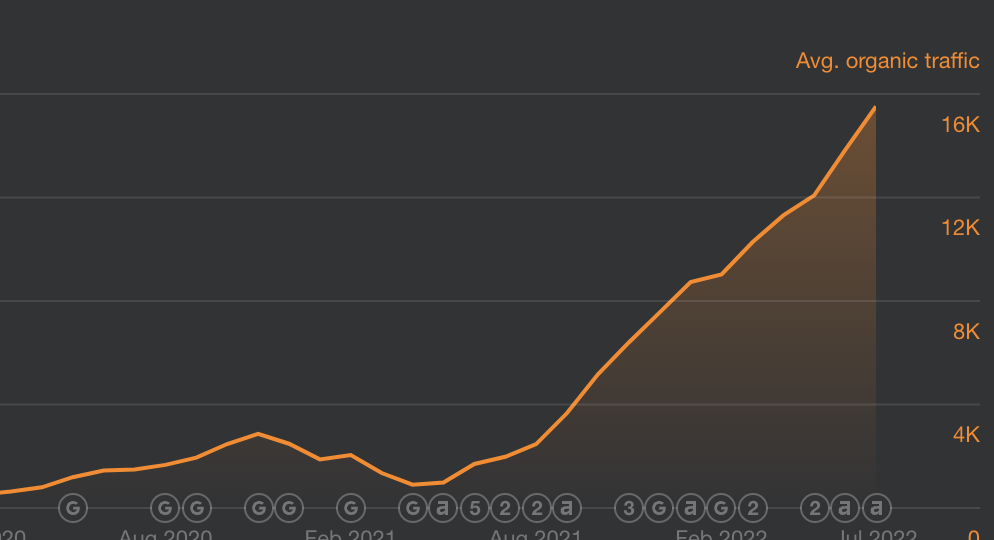
What is predictive analysis?
Predictive analysis uses statistics or machine learning to predict outcomes, such as customer churn rates, sales forecasts, and inventory demand. It differs from descriptive analysis, which looks at past events, and prescriptive analysis, which determines what should happen. Predictive analysis methods include data clustering, classification, logistic regression, decision trees, and neural networks.
What are some predictive analysis methods?
Predictive analysis involves utilizing statistical techniques and historical data to forecast future events. Methods of predictive analysis include predictive modeling, deep learning algorithms, machine learning, and data mining. Other techniques include data warehousing, data clustering, classification, logistic regression, decision trees, neural machine translation networks, and time series analysis.
8 Practical ways to use predictive analysis methods for your business :
- Define the question you want to answer, such as which prospects are likely to sign up for your service within the next 30 days.
- Gather relevant data, including historical prospects data, demographic and channel data, and a current list of prospects.
- Conduct descriptive analysis to determine facts, such as whether average conversion time varies between channels and whether demographics correlate with these time frames.
- Use statistical techniques to test your theories.
- Develop a predictive model based on your test results to predict outcomes.
- Deploy the predictive model to gain actionable insights, such as identifying prospects likely to sign up within the next 30 days.
- Create targeted marketing strategies to maximize conversions with these prospects.
- Regularly update the predictive model to meet new requirements.
In Summary
Predictive analysis is increasingly essential for forward-thinking businesses to make data-driven decisions, especially in marketing. Whether your focus is on SEO or PPC, predictive analysis can provide valuable insights to help drive your strategy. By leveraging historical and current data to predict future outcomes, businesses can make highly profitable decisions with intelligent data science

